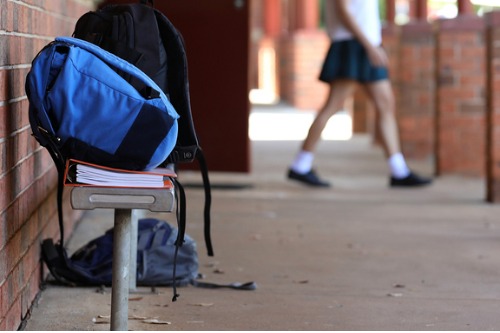

Alberta school boards are facing massive insurance rate increases due to a noticeable spike in severe weather-related claims in recent years.
The Alberta government noted that these nine school boards have “recently experienced substantial property damage, primarily from natural disaster events,” and thus are experiencing spikes in insurance costs:
Foothills School Division superintendent of corporate services Drew Chipman told CBC News that two years ago, the board was paying just $560,000 for insurance. But now, the school board’s insurance rates have jumped to nearly $2.5 million.
“Which is just crazy numbers for a school that is our size,” said Chipman. “Significant increases that are just difficult for us to manage, as well as some other boards.”
Alberta Risk Managed Insurance Consortium (ARMIC) board chair and Parkland School Division associate superintendent of corporate supports and services Scott McFayden explained that for the aforementioned nine school boards to secure an insurance policy, it was necessary to take out a policy for the 37 rural and northern boards together – because no insurer would separate the high-risk history boards from those with lower risk.
“A vast majority of boards in ARMIC will have lower property rates. What we have on the other side is the board that we call the ‘Pool B’ boards, and they’re in areas where there’s a high frequency of catastrophic losses, so it’s the flooding and wildfires,” McFayden explained.
The ARMIC board chair added that the insurance market has continued to harden over the last few years.
“When you look at it from an insurance company point of view — not that I like doing that too often — but they had $220 billion in losses in 2020 and about $140 billion in 2019,” McFayden told CBC News.
McFayden additionally noted that the nine school boards in question had $180 million in claims over the last ten years. By comparison, the other 28 boards only had $30 million in claims during the same period.
“Honestly, those boards are almost uninsurable if they weren’t part of our reciprocal.”
Chipman warned that if these rate increases will continue at the same rate over the last two years, it would eventually have an impact on school division operations, particularly on staffing.
“So if you’re looking at those types of dollars at the end, if we don’t get some additional support, that’s where the board will have to look to make decisions as to how they’re going to meet those increased costs,” the superintendent said.
CBC News reached out to Marsh, ARMIC’s insurance provider, but the brokerage declined to comment.
